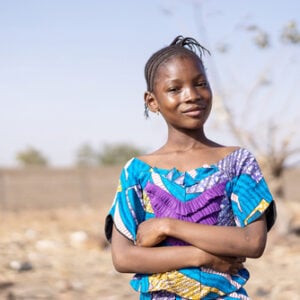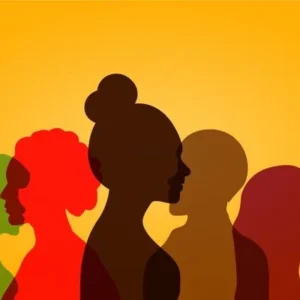Millions of women and girls around the world still lack access to basic menstrual products and safe water and sanitation facilities, severely affecting their ability to manage their menstrual health. This situation results in missed days at school or work and poses serious risks to their health, education, and overall well-being. Despite menstruation being a natural and healthy biological process, the lack of resources and infrastructure continues to disrupt the lives and rights of menstruators globally.
Period poverty refers to the inability to afford or access menstrual products, hygiene and sanitation facilities, and accurate information about menstrual health. The main drivers of period poverty include the high cost of menstrual supplies, societal stigma, and inadequate infrastructure. Gender-insensitive policies and discriminatory tax practices, such as classifying menstrual products as luxury items, exacerbate the issue.
Globally, over 1.5 billion people lack access to basic sanitation, and many women and girls do not have private places to manage their periods. This lack of access disproportionately affects those in rural areas. For example, in several countries, a significant percentage of rural women and girls had no private space to change or wash during their last period.
Educational gaps and social taboos also contribute to period poverty. Many girls are unprepared for their first period due to a lack of information and awareness. In countries like Bangladesh and Egypt, a substantial proportion of girls were unaware of menstruation prior to experiencing it. Misconceptions, such as the belief that menstruating women are “dirty” or should be isolated, reinforce stigma and restrict their participation in daily activities.
Period poverty is not limited to developing countries. In both low- and high-income nations, the affordability and availability of menstrual products remain significant barriers. Urban women often have better access to sanitary pads than rural women, who may rely on cloth or, in extreme cases, no materials at all. In the U.S., 1 in 4 teens and 1 in 3 adults face difficulties affording menstrual products, particularly among marginalized communities.
Menstrual health is increasingly being recognized as a public health and human rights issue, especially during humanitarian crises. In conflict-affected regions, an estimated 614 million women and girls struggle to manage their menstruation due to lack of resources. For instance, in Gaza, over half a million women and girls lack access to hygiene items, and many are forced to use makeshift alternatives like cloth or sponges.
Economic instability worsens the situation, as seen in Lebanon, where the prices of menstrual products surged drastically during the financial crisis. This made basic hygiene products unaffordable for many, especially in communities where menstruation remains a taboo topic, further silencing women’s and girls’ needs and voices.
Overall, period poverty is a multifaceted issue driven by economic inequality, inadequate infrastructure, cultural stigma, and insufficient policy support. Addressing it requires comprehensive efforts to improve access to menstrual products, sanitation facilities, education, and policy reform across both stable and crisis-affected settings.





